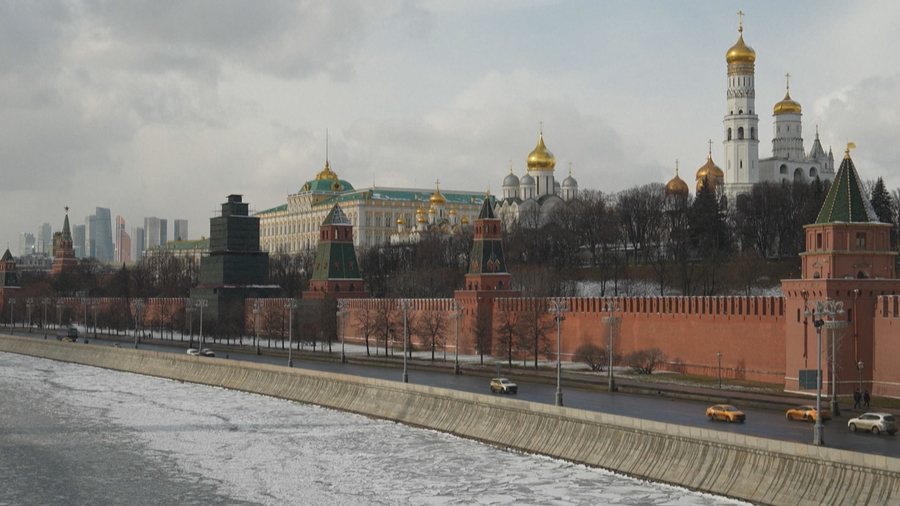
Both Kosovo and Poland are among the countries most exposed to Russian and Serbian disinformation, which poses a serious and ongoing threat. This is what Polish expert Jakub Sliz, founder of the organization for fact-checking and media education, told KosovaPress. According to him, Poland, due to its geographical proximity to Russia and its strong support for Ukraine, is a constant target of Russian propaganda.
On the other hand, Kosovo, due to tensions with Serbia, is constantly the target of disinformation campaigns that aim to harm the country in the international arena. The Polish expert says that Kosovo and Poland can cooperate in combating Russian-Serbian propaganda. Russia Today, Telegram, but also the WhatsApp application, according to Sliz, are used by Russia to spread fake news.
“Kosovo and Poland have opportunities to cooperate in combating Russian-Serbian disinformation. There are many similarities between Kosovo and Poland, and I think we have opportunities to cooperate, because we share the same history and the same enemy,” says Sliz. “We are under constant pressure from Russian disinformation. The biggest problem is that we are under constant pressure from Russian disinformation and, on the other hand, there is this constant threat at our borders.”
He also tells KosovaPress about the differences between Poland and Kosovo in the way the media function, which, according to him, also affects the fight against disinformation.
“Traditional media is still important in Kosovo. There are many similar challenges, but the techniques are different because in the Balkans you consume media in a different way than in Poland. We, for example, are becoming a little more oriented towards social media. I know that traditional media is still a very big thing in Kosovo. There is a different diet, but at the end of the day, the food that goes into certain dishes is the same. There is not that much difference from my perspective.”
Serbia has also been accused of interfering in the recent parliamentary elections in Kosovo, held on February 9. In a press conference, acting Prime Minister Albin Kurti said that “there is evidence that Serbia directly interfered in the elections. Russian media outlets such as RT Balkans and Sputnik Serbia published a series of disinformation during the election campaign.” (A2 Televizion)











